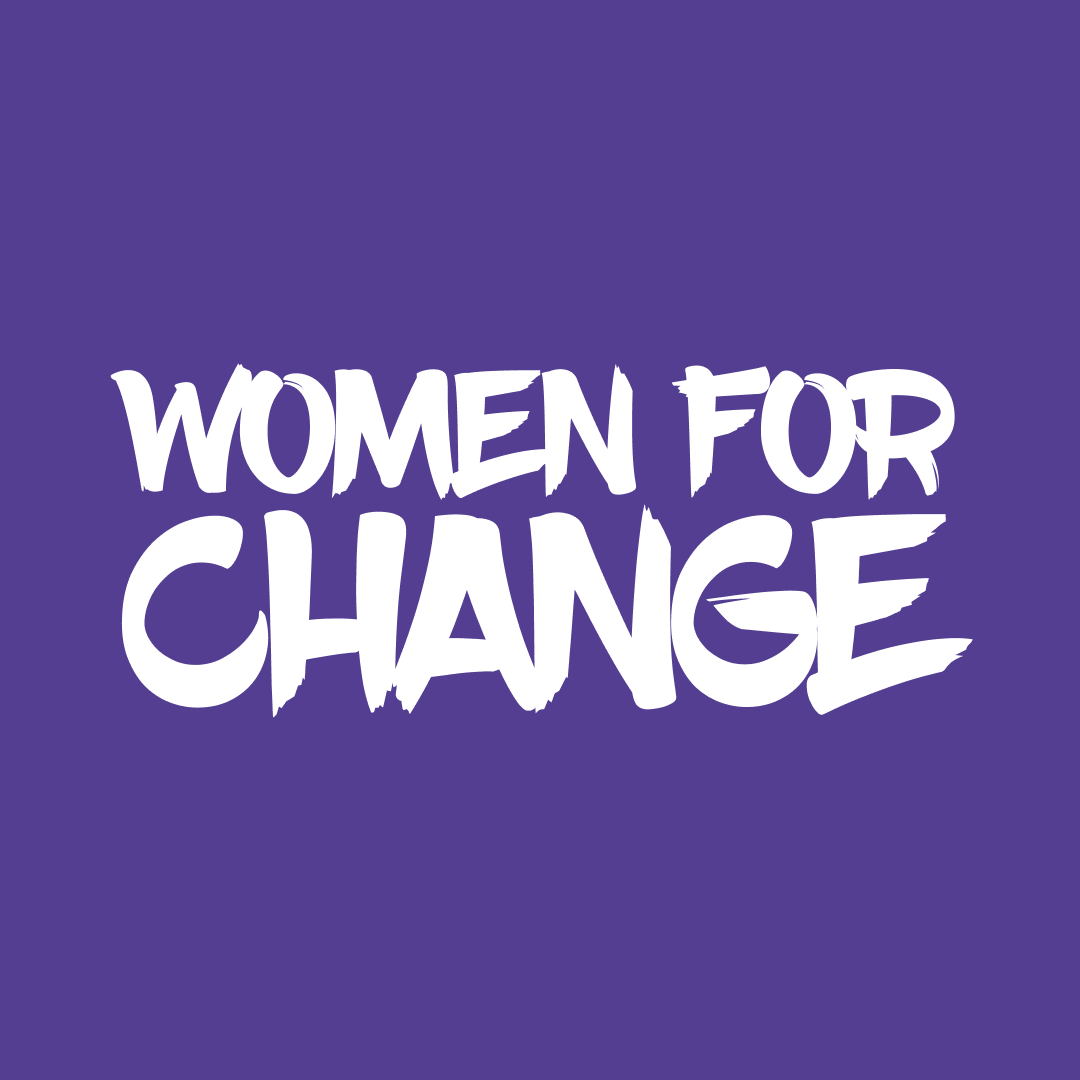

The Burden of Interest Rates
End of the month Salticrax. It’s a term everyone understands to mean that money is slim, and you need to delve deep inside your pantry to find remnants of grocery shopping long over to make a meal. Something that usually happens towards the end of the month when you are waiting for your next paycheck.
The thing is, end of the month Salticrax seems to be happening increasingly often. Where your Rands would see you returning home with a few bags of groceries, now sees you coming home with only one bag. Our money is just not stretching as far as it used to.
And as FA News put it “South Africans are among the most indebted people in the world, with as much as 73% of disposable household income servicing debt repayments.”
Some of us, to keep our heads above water and in order to simply make ends meet, have got ourselves into debt. It has been unavoidable what with interest rates being what they are. Salaries haven’t quite made the cut either. It’s almost like we have been set up to fail.
The heavy weight of debt
We admit, it’s not the most uplifting introduction. In fact, it leaves a lot to be desired. But it is the state the country currently finds itself in.
Luxury items have fallen quite low on the list of priorities as the majority of South Africans are simply trying juggle everyday essentials. Groceries have become the new Louis Vuitton as parents struggle to pay school fees, extracurricular activities, rental, water and light, rates, and taxes. It’s a never-ending list of expense after expense.
And borrowing money comes with a hefty price tag.
In 2023 interest rates were pushed to the highest level since 2009. The repo rate currently sits at 8.25%. And that has made access to credit and being able to invest – which seems out of reach for the average Joe on the street – completely out of the question.
According to Investec, this position we find ourselves in based on a number of factors from how risky investors perceive South Africa to be relative to other geographies, to the worsening electricity crisis, to the drop in the value of the Rand, the upcoming BRICS summit, the elections. The situation is pretty fluid – and not in a good way.
And while this may have a positive effect for those of us that are able to save right now, it leaves those of us that need to take out credit, those of us that are already struggling, out to dry.
To truth of the matter is this – as set out by FA News – we are in an environment of what seems to be rising interest rates, high levels of unemployment, and escalating food and energy prices. Many people are in financial crisis. Not only are they struggling to make ends meet but they are also struggling to service their current debt on home loans, vehicle loans, credit cards and overdrafts.
In order to make a plan, people are turning towards informal credit arrangements that carry high interest rates. None of this is good – even if the person taking out the loan has formal employment. Desperate times call for desperate measures it seems.
Some people may look towards their employers hoping to get salary increases, that would need to be well ahead of inflation to help them make up the monthly shortfall which occurs when debt repayments start to dominate monthly spending. But it’s unlikely that any increase in salary will cover the increase in interest rates at the current trajectory. It’s just not reality, no matter how great the increase or how great the employer.
And that leaves the average consumer in a rather difficult situation.
What solutions are out there for the consumer or business in debt?
Geesh that’s a lot of doom and gloom. We hear you.
We haven’t painted a very positive picture of what the economic situation is like in South Africa have we? Well, the truth is the current outlook is not a very bright one and consumers have found themselves in a rather bleak predicament.
But we didn’t say they were alone in this or that there wasn’t something that could be done.
Debt Review
For consumers that are finding themselves in the doldrums there is a process called debt review.
Debt review is a legal process that is regulated by the National Credit Regulator (NCR) and is governed by the National Credit Act 34 of 2005 (NCA). This process helps consumers by consolidating their debts into one single, reduced monthly payment thereby helping them manage their debts more effectively. The aim with debt review is to provide indebted consumers with some breathing room so that they can restore their financial health in a systematic, legally protected way.
To begin the debt review process, the indebted consumer approaches a registered debt counsellor (which can be found if you click here) who will then then evaluate the individual’s financial situation to understand the extent of the consumers’ debt burden. A full analysis of their monthly debt repayments vs. their income and normal expenses will be done. If the consumer agrees to the analysis report – it is after all a voluntary process - they will be placed under debt review and all their credit providers will be notified.
The debt counsellor will then negotiate with creditors on behalf of the consumer to agree on a reduced payment plan that is acceptable to all parties involved. It’s at this point that all interest rates are also renegotiated.
When the credit providers accept the new payment plan, it’s made an order of court. The effect of this? It prevents creditors from repossessing assets or hassling clients for payment. Consumers do not have to appear in court as the debt counsellor does this on their behalf.
What if the consumer that’s in debt is a business?
Business Rescue Proceedings
Much like debt review, for the business that finds itself in financial distress chapter 6 of the Companies Act 71 of 2008 introduces business rescue proceedings.
Business rescue proceedings provides businesses that are financially distressed with an opportunity to reorganise and restructure. As you can imagine, this has an effect on creditors, shareholders, and employees (to name but a few).
The main aim of business rescue proceedings is to restructure the financial affairs of a business so that it maximises the likelihood of the business continuing to exist in a solvent basis in the future. On the other hand, business rescue proceedings can result in the business simply being in a better position for the creditors than it would have been had ordinary liquidation proceedings have occurred.
Section 128 (1)(b) facilitates the rehabilitation of company that is financially distressed by providing for –
(i)the temporary supervision of the company, and of the management of its affairs, business and property;
(ii)a temporary moratorium on the rights of claimants against the company or in respect of property in its possession; and
(iii)the development and implementation, if approved, of a plan to rescue the company by restructuring its affairs, business, property, debt and other liabilities, and equity in a manner that maximises the likelihood of the company continuing in existence on a solvent basis or, if it is not possible for the company to so continue in existence, results in a better return for the company’s creditors or shareholders than would result from the immediate liquidation of the company;
A company should commence business rescue proceedings at the first signs of it being financially distressed, as defined by the Companies Act, which specifically means when it’s reasonably unlikely that a company will be able to pay its debts when they fall due for payment in the immediately ensuing six months or when it’s likely that the company will become insolvent in the immediately ensuing six months.
It's encouraging that investors – as set out by Debtline - foresee a stronger rand, lower interest rates, and decreased inflation in 2024, signalling positive trends for South Africa going forward.
But only time will tell as we head towards the middle of the year.
The cautionary tale is this – curb spending, limit the loans taken out, especially loans with high interest rates and if you find yourself in the depths of financial distress seek assistance instead of drowning in indebted hell.
If you have any questions about the information we have set out above or have a personal issue which you want to discuss with us, please don’t hesitate to contact us at NVDB Attorneys.
We are a law firm that considers honesty to be core to our business. We are a law firm that will provide you with clear advice and smart strategies - always keeping your best interests at heart!
(Sources used and to whom we give thanks – FA News, Investec, Sandton Debt Counselling, Debtline, LinkedIn and Mondaq).




